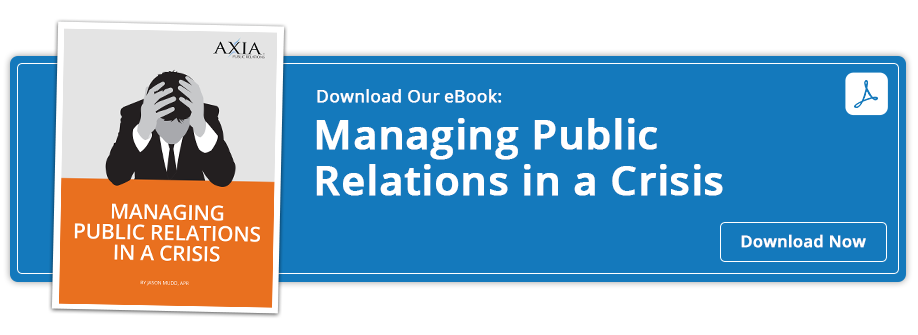I s a crisis an operations problem or a public relations problem?
s a crisis an operations problem or a public relations problem?
Facebook has received its fair share of negative news coverage in the past; however, it’s nothing like the current firestorm around it and the political consulting firm Cambridge Analytica. While the debate continues as to whether Facebook knew that the firm was actively harvesting user data to personalize content based on profile analytics, there’s no question that many Facebook users feel Facebook violated their privacy and are even questioning if the information presented to them on their personal news feeds manipulated them in some way.
Facebook founder Mark Zuckerberg and COO Sheryl Sandberg are working furiously to dispel fears, appease lawmakers and present the company as ethical. Despite that, new, lurid details of Facebook’s lack of oversight and questionable practices continue to appear.
It may seem that such a scandal would be far removed from smaller companies. While it’s unlikely that most companies will face an incident of this magnitude, no one is immune to crisis. Knowing whether something is a business problem or a PR problem is vital to recovering from a reputational crisis event.
According to the Public Relations Society of America, PR is a strategic communication process that builds mutually beneficial, trusting relationships between organizations and their publics. When poor business practices violate that trust, it’s important to understand where the problem truly lies so that communication and responsive actions are effective. Organizations that perform a comprehensive root cause analysis to find the problem area are better positioned to address the real problem and make efficacious corrective actions.
If root cause analysis shows that a company has a PR problem, that problem may be because of misguided efforts to communicate with media and the public. While the company may be doing everything correctly operationally, it may not be presenting its best face to the consumer. This is where an experienced PR firm can create a strategic, holistic plan to enhance public perception of the company and its products.
And what if the root cause analysis indicates a business problem? A business problem is messy and internal to the organization. There are usually several possible solutions to the problem. The environment may change affecting the intensity of the problem, and timeliness is an issue. There may be heavy constraints through regulations, resources or even cultural norms. And finally, there may be many conflicting objectives within that problem. While the best PR efforts emphasize the positive areas, they can’t – and shouldn’t – portray areas of deep dysfunction or murky ethics as right. That’s against the PRSA Code of Ethics. It also falls under spin and devalues the important work we do.
That is where Facebook made its error and is now recoiling from its initial response to the wrong problem. Facebook had internal business problems involving communication structure and aligned business objectives across different operational areas. That lack of cohesive mission, exacerbated by outside factors (and the behemoth that is Facebook), created an environment ripe for the Cambridge Analytica scandal.
Is your company prepared for a crisis? Download our complimentary e-book “Managing Public Relations in a Crisis” now for tips on what to say, how to plan and what you shouldn’t do in a crisis. For personalized, expert advice, contact the professionals at Axia to create a solid crisis management plan that’s right for your company.
Clients love Noell’s high tech PR and instructional design experience. She earned her Master of Science in information technology management and business analytics from University of North Carolina. Noell has worked with Axia since November 2017.
Featured image credit: 123rf.com
Topics: crisis communications, shared media



Comment on This Article